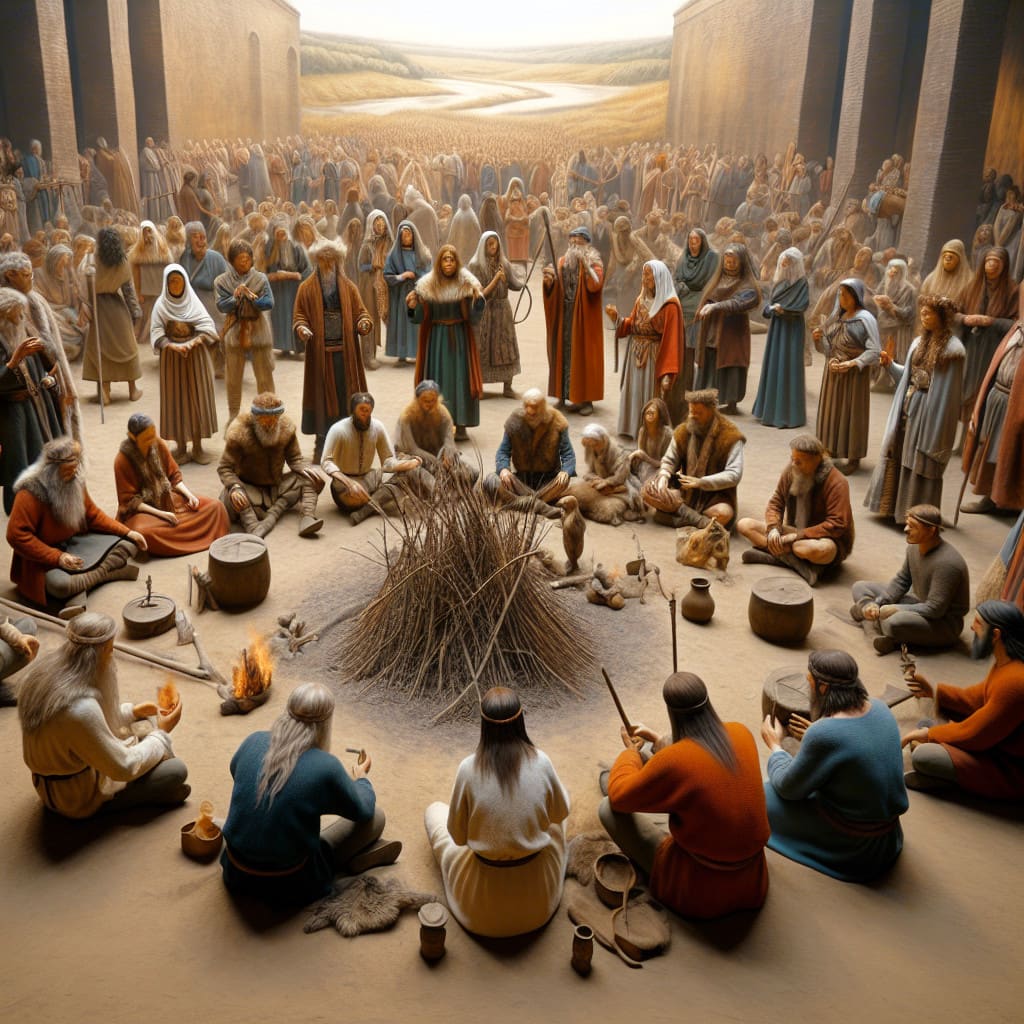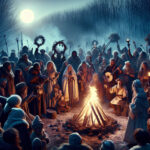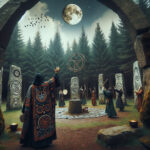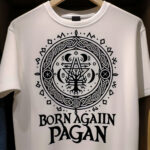The Pagan religion is one of the oldest spiritual traditions in the world. It is often associated with nature worship and reverence for the elements. For centuries, Paganism has been a source of spiritual guidance and understanding for many people. However, in recent years, the number of people practicing Paganism has been declining. This article will explore the experiences of the last generation of Pagans and what the future may hold for this ancient spiritual tradition.
The Final Pagan Generation: A History of the End of Paganism
Paganism had been a dominant religion in Europe since the days of ancient Rome. It had been one of the main religions in Europe until the rise of Christianity in the 4th century. By the end of the 8th century, Christianity had become the main religion in Europe and paganism had been pushed to the margins.
However, paganism still had a strong presence in some parts of Europe. In Ireland, Scotland, Wales and parts of Scandinavia, paganism survived until the late 11th century. This period would come to be known as the “final pagan generation”.
What Was Paganism?
Paganism was a polytheistic religion that believed in a variety of gods and goddesses. It was closely associated with nature and celebrated the changing of the seasons. It had no set of organized beliefs or practice and each region had its own unique set of gods and rituals.
Paganism was also closely associated with folk beliefs and superstitions. These folk beliefs often included the belief in fairies, elves, spirits, and other supernatural beings.
The Decline of Paganism
The decline of paganism began with the rise of Christianity in the 4th century. Christianity was seen as a more organized and unified religion, and it was backed by the power of the Roman Empire. As the Christian church gained power, it began to spread its influence throughout Europe.
The rise of Christianity brought with it a wave of persecution against pagans. Many pagans were persecuted and even killed for their beliefs. This persecution forced many pagans to convert to Christianity or to go into hiding.
The final blow to paganism came in the 11th century with the rise of the Crusades. The Crusades saw a wave of Christian missionaries sent to convert pagans to Christianity. The missionaries were often successful in their mission, and many pagans were forced to convert or face death.
The Legacy of Paganism
Despite the decline of paganism, its legacy still lives on in many aspects of modern life. Many of the customs and beliefs associated with paganism have been adopted and adapted into modern culture.
The most obvious example of this is the celebration of certain pagan festivals such as May Day and Midsummer. These festivals have been adapted to fit in with the Christian calendar, but they still retain many of their pagan roots.
Paganism has also had a lasting influence on literature. Many of the stories and myths associated with paganism have been adapted and reworked into modern works of literature.
Conclusion
The final pagan generation was a period of transition in European history. It marked the end of a long period of paganism and the beginning of a new era of Christianity. Despite its decline, paganism still has a strong influence on modern culture and literature. Its legacy will live on for many years to come.
The final pagan generation is an important part of history that should not be forgotten. It is a reminder of a time when ancient beliefs and practices were widely accepted and practiced. Despite the fact that paganism has largely been replaced by other religious systems, it still has a place in the modern world. Its legacy is still seen in many aspects of our culture today, from the celebration of the solstices to the use of natural herbs and plants in healing. Paganism is a reminder that our ancestors were deeply connected to the natural world and that the spiritual world was just as important as the physical one. As we move forward, we should remember the lessons of the final pagan generation and strive to keep their legacy alive. By understanding and respecting the beliefs and practices of our ancestors, we can ensure that their legacy will continue to live on for generations to come.





